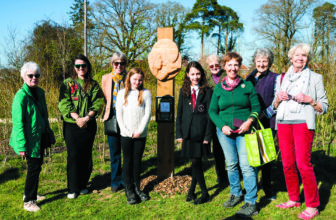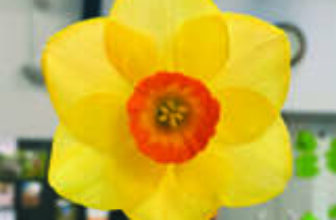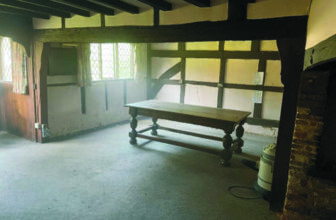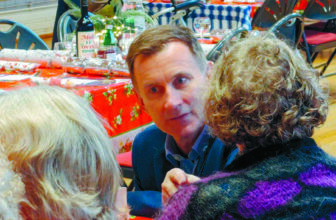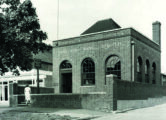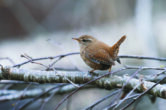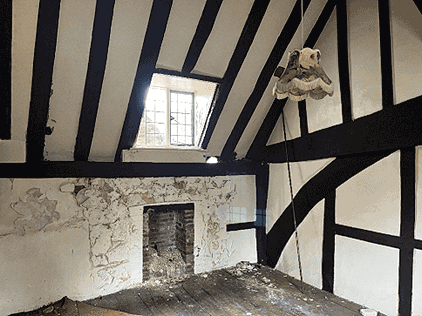
by Trevor Dale
Another year draws to a close and as I write, we await news of the National Lottery Heritage Fund award, where to date I have nothing I can report. It seems we won’t be able to announce any outcome until the New Year. Let us then review some of the steps that Cranleigh Heritage Trust has taken to get this far.
The National Lottery Heritage Fund is currently prioritising heritage projects that will meet six outcomes as a response to the COVID-19 pandemic. They are:
- A wider range of people will be involved in heritage (This is a mandatory outcome. Every project we fund must achieve our mandatory outcome as a minimum.)
- The funded organisation will be more resilient
- People will have greater wellbeing
- People will have developed skills
- The local area will be a better place to live, work or visit
- The local economy will be boosted
The Heritage Fund also expect all projects to demonstrate that they are building long-term environmental sustainability and inclusion into their plans. They will only fund projects that are clearly focused on heritage – this can be national, regional or local heritage of the UK.
Their other three outcomes are:
- Heritage will be in better condition
- Heritage will be identified and better explained
- People will have learnt about heritage, leading to change in ideas and actions
If a project only delivered on the ‘better condition’ outcome and the mandatory outcome – it would be much less likely to be supported than a project that met the mandatory outcome, plus another priority outcome.
We believe that we have demonstrated that we can meet all these requirements. We would like to highlight just a few.
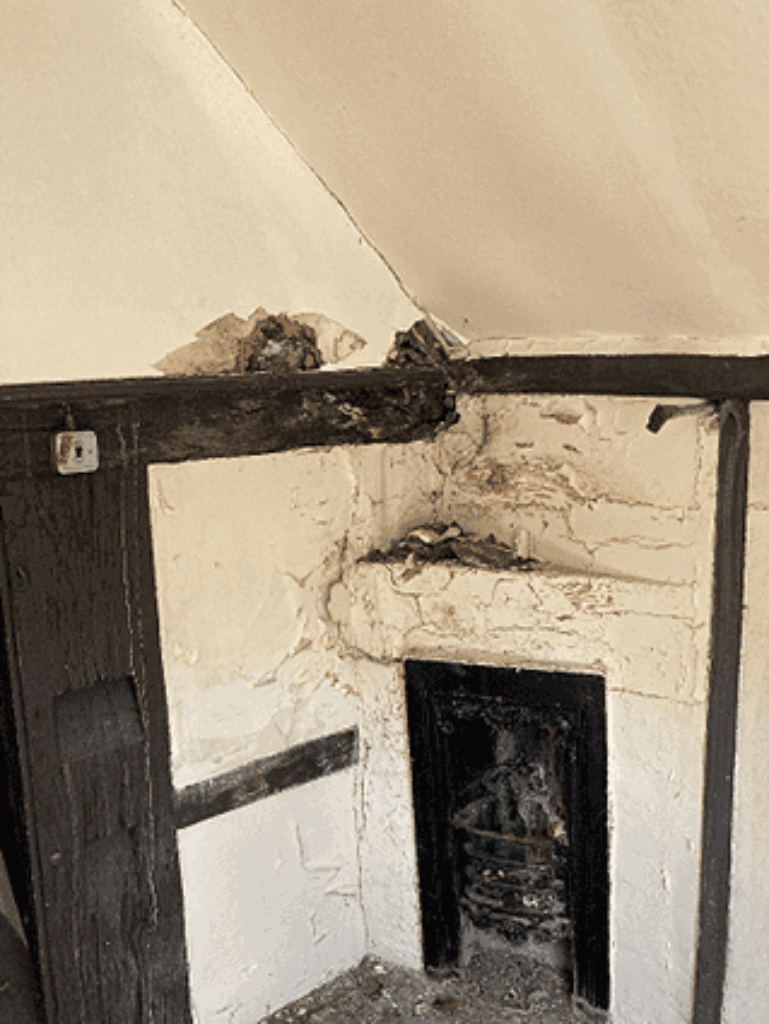
To achieve a wider range of people being involved in heritage, than before, we have engaged a Heritage Interpretation specialist. We have mentioned Hamish McGillivray before. The Lottery funded his work and it included researching the school curriculum for different age groups and testing education packs with the local schools. Local history is a big part of teaching and having a significant historical asset in walking distance of schools offers a superb opportunity to foster interest in local history.
There will be the facility to research medical treatment of patients that may be ancestors of pupils using our planned digital link to the records held by Surrey History Centre.
The small room that served as the surgical operating room will be furnished to resemble its state in 1859 and enable reenactments of Victorian-era procedures to be played out. This will give an appreciation of just how far medical treatment has advanced in less than 200 years.
To meet the aim of improving wellbeing, we have discovered that there is a need for suitable places for small group therapy and counselling sessions. Our plans include modifications to the interior of the building to make it warm, comfortable and comforting and soundproof the rooms such that confidential conversations can be held. Currently any words uttered can be heard anywhere inside the cottage.
Many patients have to travel to Guildford and beyond to get treatment and we are working to bring those services here. Navigating the pathways through the NHS systems of commissioning and funding these services is a high priority but good progress has been achieved.
In turn this should help make Cranleigh a better place to live and work in by removing some of the needs to travel away from the centre.
Environmental sustainability is being approached with innovative systems of heating using in-built graphene sheeting, plastered into the walls and ceilings and underfloor that provide infra-red heat. This is highly energy efficient and invisible, taking up no much-needed wall- space, which can be utilised for heritage displays and appropriate decorations. Insulation and secondary double-glazing is planned to make this an exemplar of state-of-the-art energy conservation and sustainability.
The repairs to the structure will be carried out by specialist heritage conservation specialists and should ensure a long additional life to this unique historical artefact. The above pictures show some of the challenges we face with dilapidation.
FURTHER SUPPORT FOR THE PROJECT
There are many opportunities for enthusiastic volunteers to join the project. This promises to be a rewarding challenge for those with an interest in history and heritage, or in helping people. Please contact us by phone, 01483 272987, letter or email to; trevor.dale@cranleighheritagetrust.org.uk
If you are a charity, business or therapist please contact us to register your interest. We need long-term partners, and the Heritage Fund panel needs us to show them how we are engaging with our community.
To register an expression of interest in future use of the facilities please write to us with the following information:
1. Brief description of what you offer and the benefits to clients and customers.
2. Say if and where you currently offer this service and why people would use the cottage to meet you.
3. Brief declaration of support for the project in general.
4. Return name and address and any website or social media links.
Thank you so much! Trustees Trevor Dale – Chair; Howard Barratt; Jane Briggs; Chris Bulley; Sue Dale; Nigel West. Advisors Bob Callard – architect; Joanna James – business advisor,
Michael Miller and Joy Horn, history advisors.
Visit our website www.cranleighheritagetrust.org.uk



